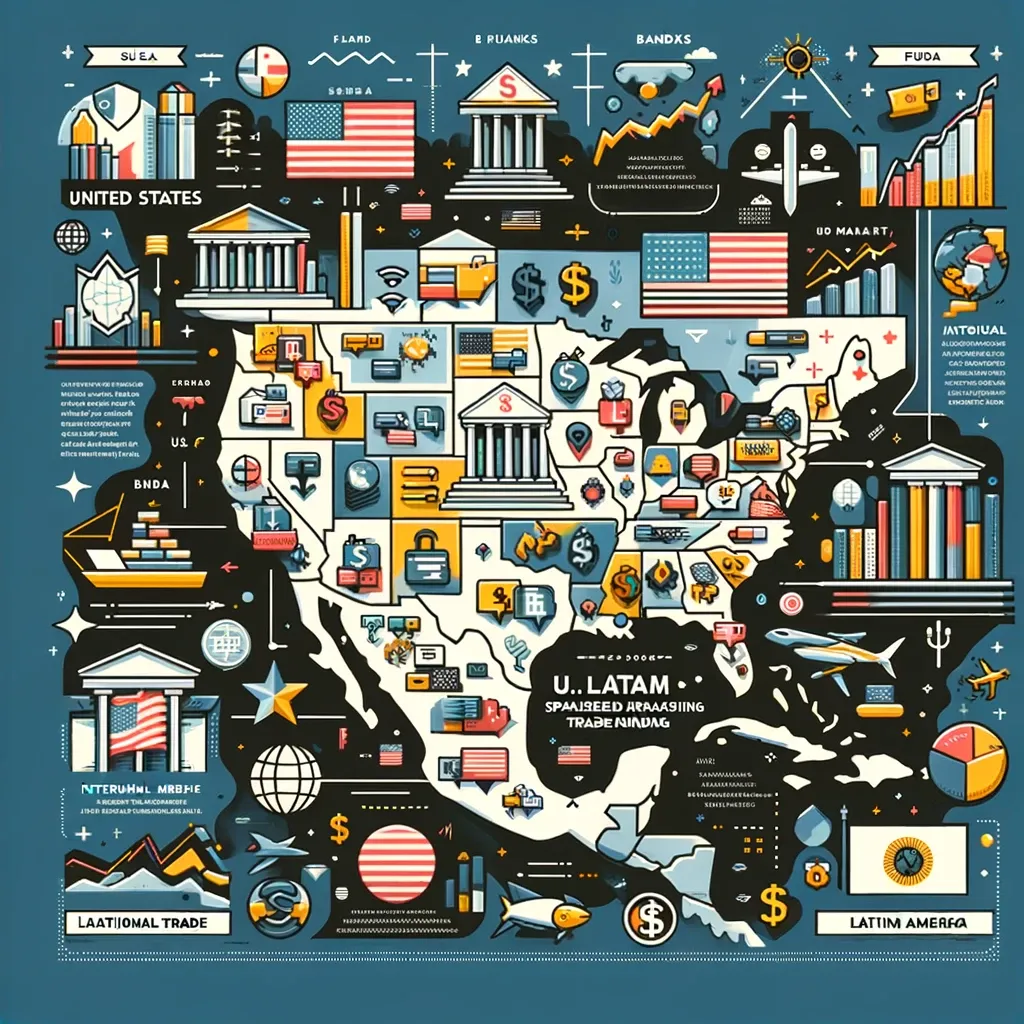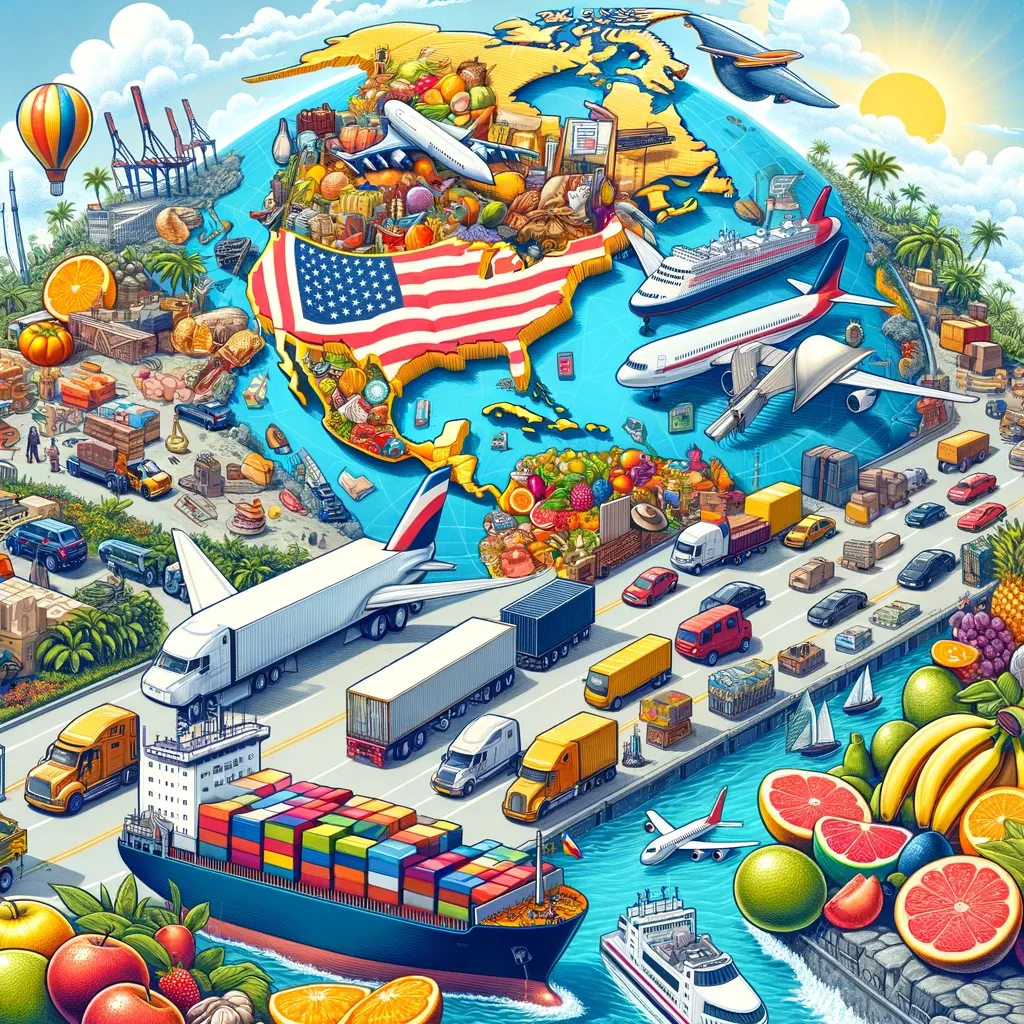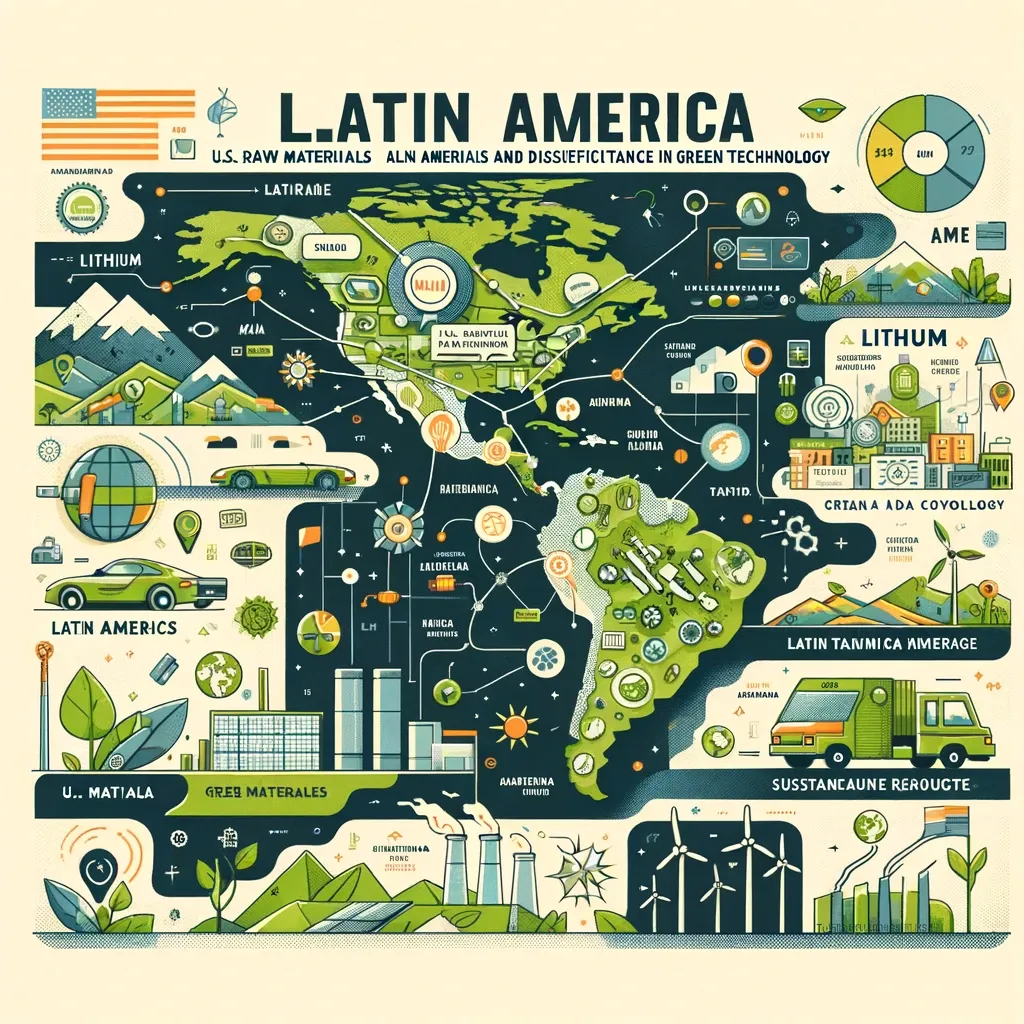Green Revolution in Global Trade: Enhanced Export Credits Driving Sustainability
Explore the transformative impact of enhanced export credits on global trade and environmental sustainability in our latest post. Delve into how this pivotal shift supports climate-friendly projects, fosters innovation, and aligns international trade with green initiatives. Uncover the strategic role of export credits in promoting a low-carbon economy and the promising future they hold for a sustainable global marketplace

This image represents the union of global trade and environmental sustainability, featuring a globe encircled by green leaves, symbolizing the integration of eco-friendly initiatives within worldwide commerce.
Introduction
In a significant stride towards environmental sustainability, the participants of the Arrangement on Officially Supported Export Credits have collectively agreed to boost support for climate-friendly projects. This landmark decision marks a progressive shift and offers a glimmer of hope for companies at the forefront of the green revolution.
Did You Know?
Did you know that U.S. SMEs can harness AI marketing to effectively tap into the Latin American market in line with the "Green Revolution in Global Trade"? With export credits now favoring sustainable projects, AI Marketing can help U.S. SMEs identify and engage with eco-friendly initiatives in Latin America. From translating content to understanding regional green consumer behavior, AI tools provide innovative ways for these businesses to align their products with sustainability trends, significantly boosting their market presence and profitability in this new eco-conscious trade era.
Impact of the Agreement
This agreement opens the door to more favorable and flexible financing terms, potentially sparking a wave of clean technology advancements across various sectors. It lowers entry barriers, fostering innovation and aiding the transition to a low-carbon economy, aligning with the goals of eco-conscious stakeholders.
Sustainability at the Heart of Trade
Placing sustainability at the core of international trade policies, this development elevates the role of export credits in global commerce. It recognizes the dual importance of sustainability, both as an ethical necessity and a commercial imperative.
Historical Context and Evolution
Reflecting on the Arrangement on Officially Supported Export Credits, we see a crucial shift. While traditionally focusing on international trade, it's now addressing climate change urgency, injecting vitality into sectors capable of environmental impact.
Expert Perspectives and Economic Impact
Experts predict a substantial boost in investments towards renewable energy, clean transport, and sustainable infrastructure. Climate scientists applaud this as a strategic step in combating climate change while promoting innovation.
Narrative of Transformation
Viewing this agreement through a lens of factual richness and diverse stakeholder perspectives, it emerges as a transformative milestone at the intersection of commerce and conservation.
A New Era for Green Businesses
We're entering a period where green businesses could thrive under enhanced financial structures. The dream of a sustainable world becomes a financially supported reality.

This image illustrates the concept of clean technology in a bustling cityscape, showcasing a harmonious blend of development and sustainability with green technologies integrated into the urban environment.
Opportunities for Enterprises
For forward-thinking enterprises, this shift presents vast opportunities. It's time to strategically leverage export credit benefits for both planetary and financial gains.
Call to Action for Innovators and Leaders
We urge our community of innovators, investors, and leaders to seize this pivotal shift. By collaborating, we can reshape global commerce and stewardship, ensuring the success of green projects under this new supportive regime.





























